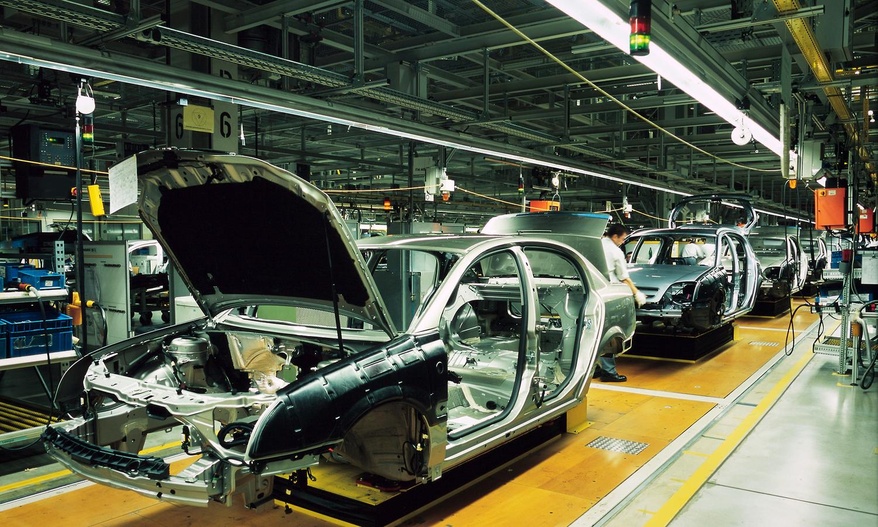How The Chip Shortage Is Affecting Manufactures and Their Vehicles
Due to the ongoing chip shortage, car makers will temporarily remove certain features on some of their vehicles.
November 17, 2021
Some vehicle manufactures are temporarily reversing features in their vehicles to continue supplying products to dealers and consumers. Effects of the ongoing semiconductor chip shortage have also slowed or paused production lines. Since the number of semiconductor chips in a modern car can exceed more than 3,000 chips, car makers have forced themselves to adjust production and rethink the entire supply chain. Some automakers that will be temporarily removing features until further notice will be:
General Motors – One of the most sought after features in new cars will be missing in some GM vehicles. General Motors announced that a number of their Chevrolet, Buick, Cadillac, and GMC 2022 model vehicles will not come with heated and ventilated seats, nor heated steering wheels. This only applies to the basic and lower trim models; upper and higher end models will still include the heating elements. GM also announced that wireless charging will be missing on some models. To make up for the loss, GM will give customers $150 to $500 in credit for vehicles without heated seats and heated steering wheels. Anyone who buys a vehicle without wireless charging will be given $75 in credit.
BMW – Back in late October, BMW announced that it would remove touchscreen functionality in several of its models. While the vehicles will still have displays screens, drivers will need to use voice commands, or the control knob located on the center console to interact with the display screen. BMW also announced that some of its models will lose Parking and Backup Assistant. This technology helps the driver pull into a difficult driveway or garage while steering the car automatically. This technology also helps the driver back out while the driver simply works the brake and throttle. To make up for the loss, BMW will be giving customers $500 in credit.
Ford and Nissan – Ford will remove satellite navigation on some models but have announced that this is temporary, as drivers will still have the option to add this feature at a later time. Nissan will not install a navigation system in thousands of new vehicles and have not confirmed whether or not drivers will have the opportunity to add this feature at a later time.
Experts point out that the chip shortage is likely to last at least until mid to end 2023. Something else to keep in mind is the commitment General Motors made. That commitment will see a $35 billion investment to produce 30 new electric and autonomous vehicles by 2025. And since electric vehicles use more chips than non-electric vehicles, the chip shortage that’s supposed to last until mid to end 2023 might last longer than predicted.
























